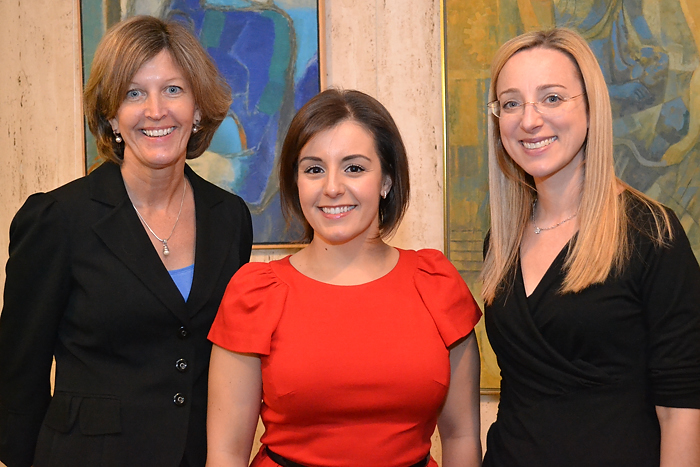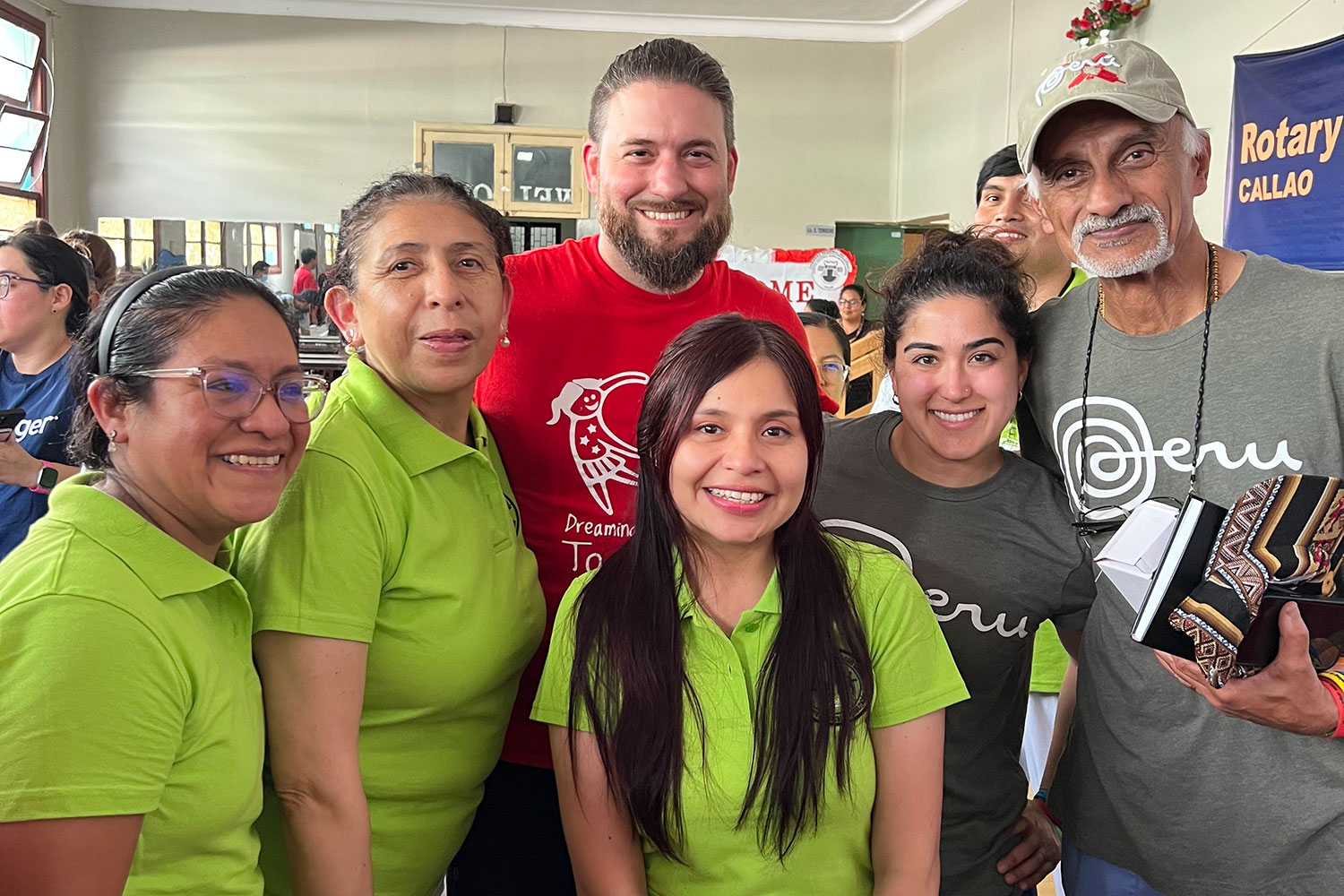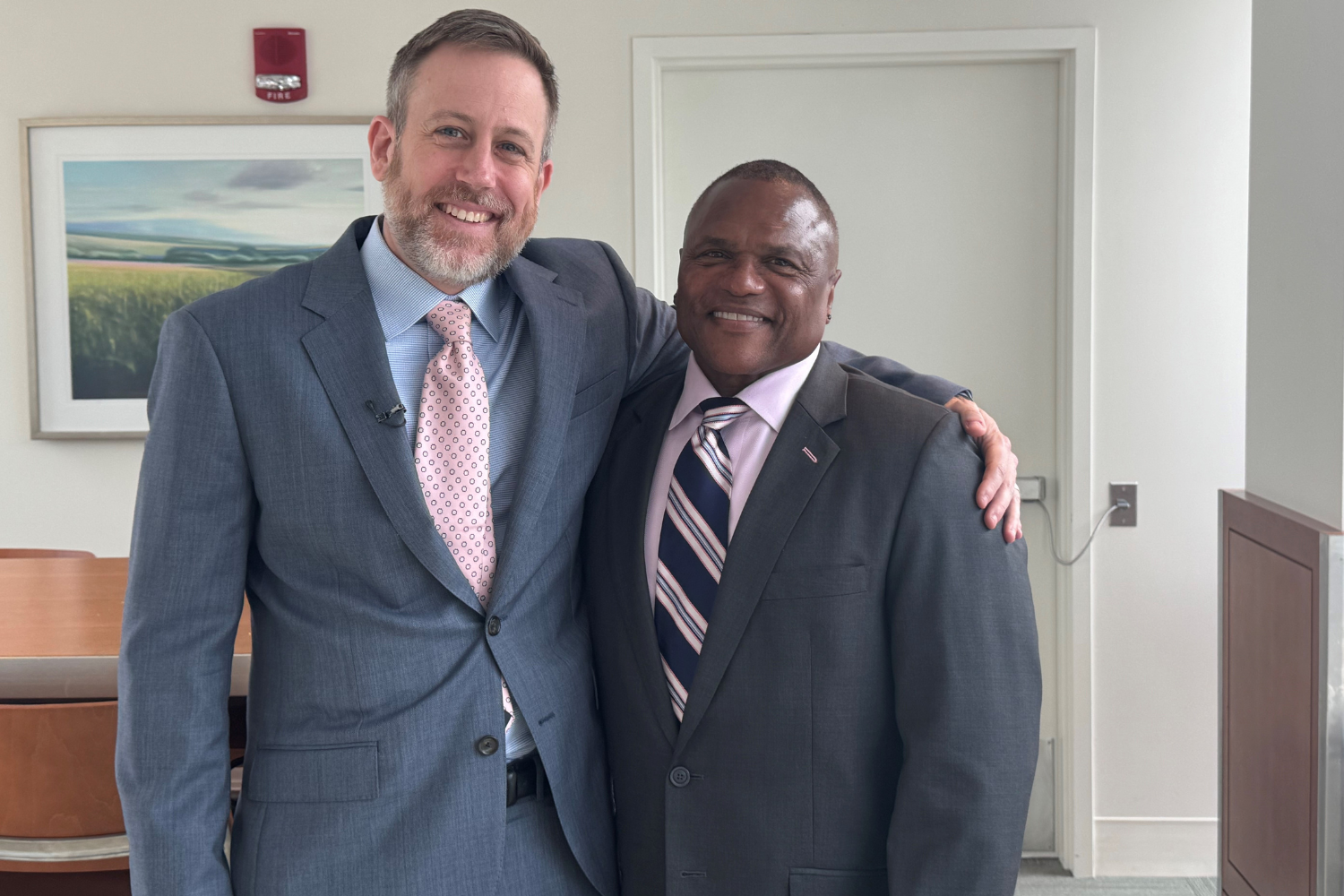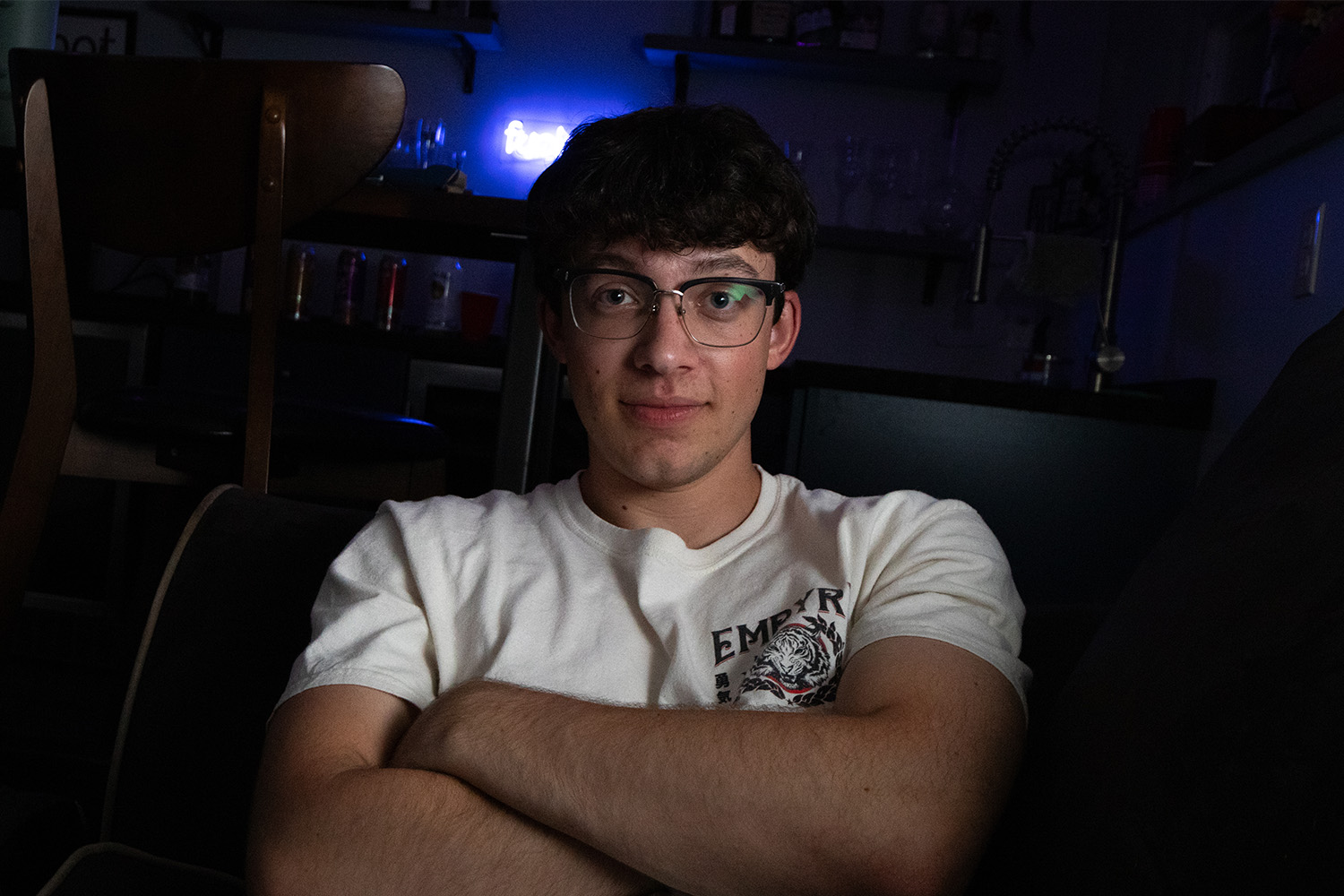
Several new health care providers have joined UConn’s Carole and Ray Neag Comprehensive Cancer Center bringing with them new treatment options for cancer patients; particularly those diagnosed with bone tumors, kidney, and head and neck cancers.
Dr. Tessa Balach, an orthopaedic surgeon, is a specialist in musculoskeletal tumors. One of only four musculoskeletal oncologists in Connecticut, she treats bone and soft tissue tumors in the arms, legs, and pelvis. Balach also treats primary bone sarcomas, soft tissue sarcomas, metastatic bone disease, and multiple myeloma in adults and children. She offers limb-salvage surgery; as well as computer-aided navigation surgery which assists in optimal preoperative planning and a more accurate and precise surgical technique. Balach shares the story of New York Giants linebacker Mark Herzlich, who was diagnosed with Ewing’s sarcoma, a form of bone cancer that can be life threatening. Herzlich is in remission today and played in his first Super Bowl in February 2012. “He’s an example of inspiration and hope to other patients and physicians as well,” says Balach.
Dr. Erica Lambert, an urologist, is a specialist in the treatment of kidney or renal cancer – a cancer that has been on the rise in recent years. “Some of the symptoms of kidney cancer include blood in the urine, abdominal pain or swelling, and back or flank pain,” says Lambert. Surgery to remove all or part of the kidney is the standard treatment recommendation. At the UConn Health Center, Lambert offers patients several surgical options including radical or partial nephrectomy or minimally invasive robotic surgery. And when surgery isn’t an option, Lambert can offer patient’s cryoablation, a treatment that freezes cancer cells or radiofrequency ablation, a treatment that heats cancer cells.
Linda Choquette, a registered dental hygienist and certified clinical research professional in the division of Oral Medicine, sees patients with head and neck cancers. “Our goal, in the School of Dental Medicine, is to see these patients right away and to develop an oral care plan that’s implemented before, during, and after their treatment,” says Choquette. Head and neck cancer patients are treated with radiation therapy – a treatment that can harm normal cells, including cells in the mouth. Side effects include problems with the teeth and gums; the lining of the mouth; glands that make saliva (spit); and jaw bones that can be impacted years after the completion of therapy.
The Carole and Ray Neag Comprehensive Cancer Center offers a complete range of world-class services, from innovative cancer prevention programs to today’s most sophisticated treatments, including the region’s only TomoTherapy radiation oncology system. The team of experienced providers includes nationally-recognized experts in medical oncology, surgical oncology, gynecologic oncology and hematology, as well as specialized nurses, nurse practitioners, social workers, genetic counselors and much more.
To learn more about the Neag Comprehensive Cancer Center or to make an appointment, visit cancer.uchc.edu.
Follow the UConn Health Center on Facebook, Twitter and YouTube.



